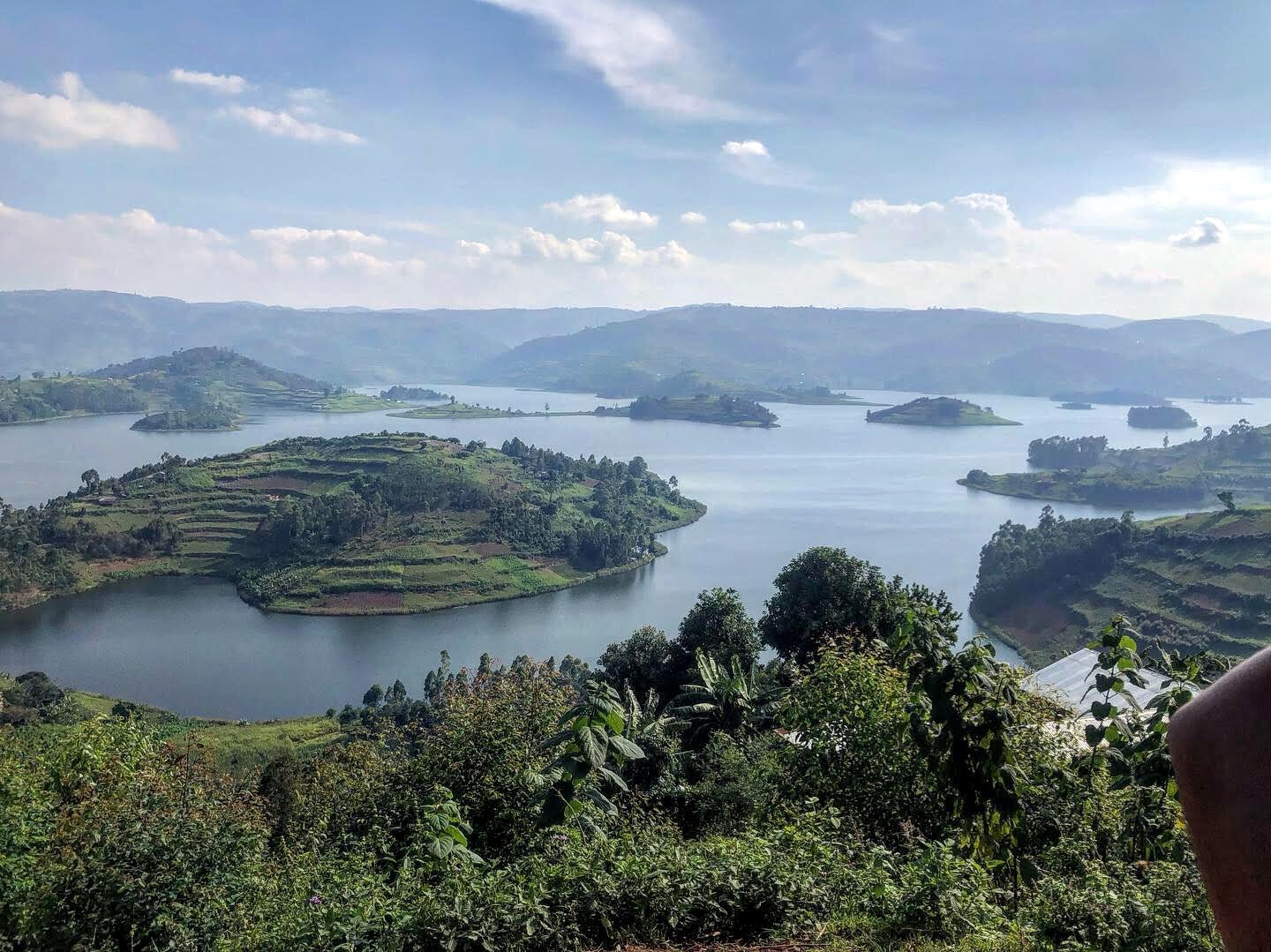Changemaker Catalyst award recipient, Franny Senkowsky used her funding to travel to Uganda for an internship an international development non-profit. Franny, Class of 2019, is a graduate student studying international health and development in Tulane’s School of Public health.
Throughout southeast Uganda, the impacts of international community development are very clear. It seems as if international organizations have touched almost every aspect of life in this region of the world, as it does in many low and middle income countries. From local clinics to primary schools, the list of establishments with the familiar symbols and names of these worldwide international aid organizations feels endless.

After 5 years of studying public health through an international lens, I traveled to Lake Bunyonyi in Uganda with this mentality, and a nagging fear that as an American university student, I would have no idea what to contribute to this organization. However, my experiences during my 2 months in Uganda challenged this mentality, and forced me to reconcile the lessons I had learned in the classroom with the realities of in-country field work.
The Global Livingston Institute is an organization committed to sustainable international development, with staff in Denver, Colorado and Kampala, Uganda. One of GLI’s projects is Entusi Resort and Retreat Center on Lake Bunyonyi, almost entirely staffed by locals. Entusi and its staff have implemented several projects in the area since its establishment in 2013, based on feedback from the community and its specific needs. My task for the summer was to evaluate the impact of these community development projects, to find out if these programs were reaching their goals and accomplishing what they had set out to accomplish. I started the summer collaborating with local staff members and American university professors, writing a series of interview questions with this goal in mind. Once the questions were completed and uploaded into an online toolbox, the real work began. Most weekdays for the next four weeks, I woke up, ate breakfast, and headed to the boat with my translating team from the local university and a few local Entusi staff members. Some days, we were on the boat for just minutes before the boat driver parked along the banks of the lake and we all climbed out into tall grass and began ascending, headed for that day’s designated village. Other days, we spent almost an hour huddled in the boat, chilled by the morning wind, navigating towards our destination for that day on the far side of Lake Bunyonyi.

Many of these interviews took place in primary schools all around Lake Bunyonyi, offering us the opportunity to talk to teachers who lived in several different villages without actually needing to physically visit each village individually. After walking in and shaking hands with the headmaster or headmistress, my translating team would explain our research in Rukiga, the local language, and the school leaders would ask about 5 teachers to be interviewed. Occasionally, we interviewed at the local trading centers or pubs, where community members generously offered their time to help with our research.
What I heard during these interviews changed my perspective of community development and the impact that international organizations can have when partnering with local community members. While no organization or project is perfect, the immensely positive feedback we received from these interviewees helped me to recognize the influence that can be made when local community members are in charge of their own development. Witnessing international development in action offered me the opportunity to finally experience what I had been learning in a classroom, and I look forward to building more on these experiences in the future.
